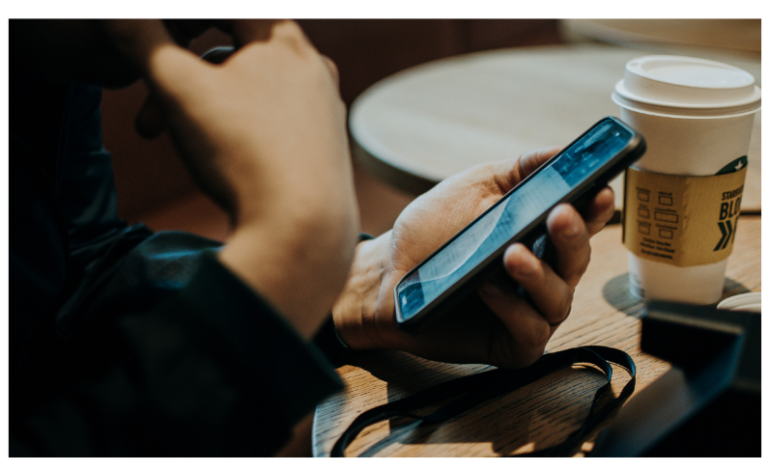Your mobile app idea is finally taking shape. It’s been a lot of hard work, but now you’re ready to develop it. You’ve done your research and have found a great mobile app development company that can take over from here.
Now what?
You must think about the technical specifications, platform compatibility, potential market for visitors, monetization strategies and much more. But one of the most important factors that will determine whether or not your mobile app idea is a success is how well you communicate your vision to a developer.
Here are 5 questions that you should ask yourself before developing a mobile app:
1. What Is the Main Function of This App?
Before your developer dives into your project, he or she needs to know exactly what you’re looking to accomplish with this app. Do you want people to be able to play games on their smartphones, or are you hoping they will make donations to your nonprofit organization? Is the goal of this app to keep people updated about what’s happening at their child’s elementary school, or will it be used for shopping purposes?
2. How Does This App Benefit People?
This goes hand-in-hand with explaining what your app’s main function is. If people are going to download this mobile app, they need to understand how this will improve their lives in some way or another. You should also provide an explanation about why this app will be able to solve the problem(s) at hand better than any other app already on the market. Just looking for more downloads won’t cut it; if nobody uses your app once they’ve downloaded it, then all of your hard work has been wasted effort.
3. What Target Audience Are You Aiming For?
This is an important question as not all apps are for everyone. Depending on what your app’s main function is, you will have a specific set of people in mind that you want to download this app. For example, if you’re releasing a fitness blog mobile app, then the target audience would be those who enjoy working out and want quick access to fitness-related information. If your app is going to be used by children under 13 years of age, then it has to meet certain privacy guidelines .
4. What Platforms Are You Targeting?
Targeting Android users generally means developing an app for Android smartphones and tablets, while iOS devices require developing for iPhones, iPads and iPod Touch devices. platform choices include RIM (Blackberry), Windows Phone and other mobile operating systems.
Just like the number of smartphones in circulation has increased dramatically, so too have the number of tablet devices on the market. Once you decide which platform(s) to develop for, then it will be easier to determine your app’s design specifications.
5. Which Features Would People Use Most?
There are many additional features available if you want to release an innovative mobile app. You can add push notifications, so people can get updates when they don’t have your app open, or GPS software if you want location-based data. If you’re unsure about what features would benefit your specific type of app, then talk with previous customers who have used similar apps. This will give you insight into what type of features they would like to see.
Once these questions have been answered and your scope has been outlined, then it’s time for your developer to take over. Keep in mind that this is where the true magic of mobile app development takes place. While you may have an idea about how this will work or what you want it to look like, the programmer is responsible for bringing your concept to life. One of the best things that you can do at this point is provide them with all of the resources they need to meet your expectations and make this a success.
Zara Raza is the Head of Marketing at Sunvera Software. She has written several technology blogs covering anywhere from software to emerging tech trends.
Read More: Mobile App Localization In 2023
